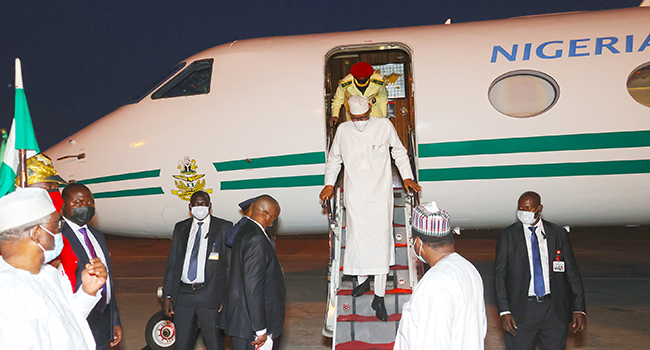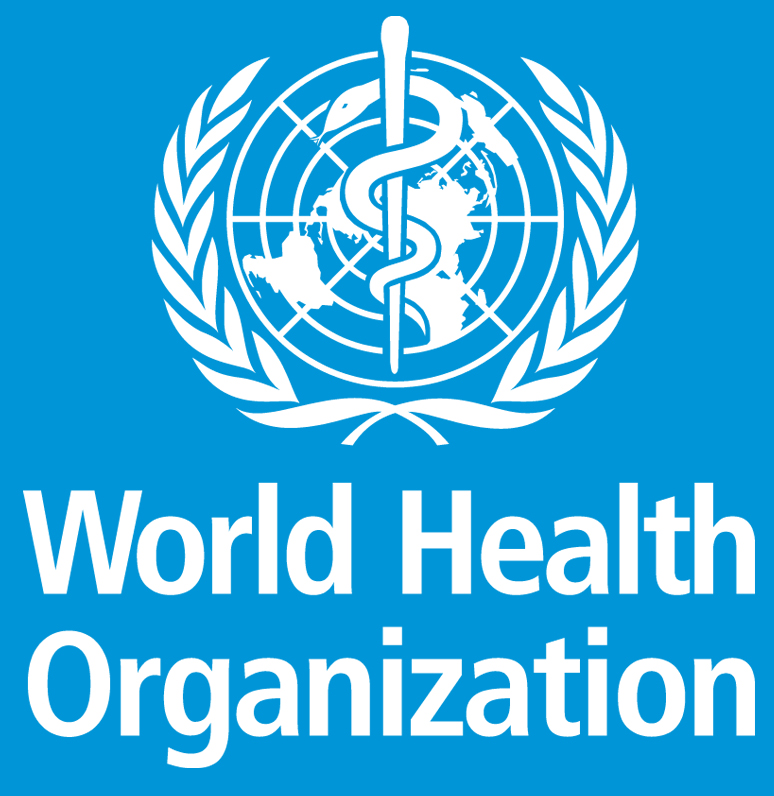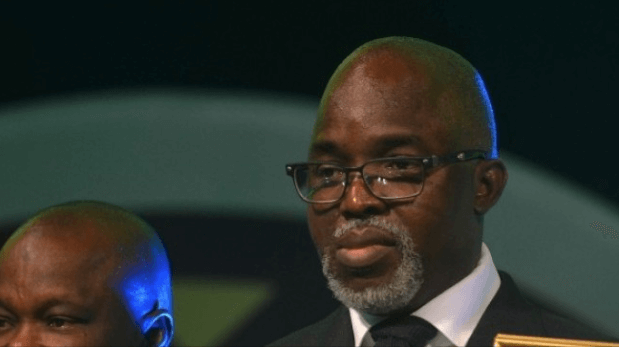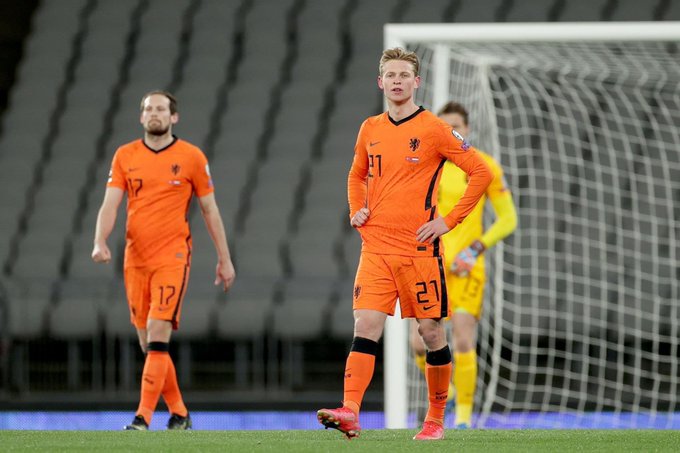By Owei Lakemfa
The United States, US, and its European allies have, for months now, saturated the world and choked the media on a poorly dramatised soap opera about Russia on the verge of ‘invading’ Ukraine.
In this, they have succeeded in diverting the attention of humanity from pressing issues like tackling the Omicron variant of COVID-19, growing hunger and poverty made worse by the pandemic, the ongoing genocide in Yemen, shortage of safe drinking water, climate change, the spread of terrorism across Africa, including an epidemic of coups in its West African region.
I knew the “Russians are coming” cry was a false alarm but thought it better to wait for the expected meeting of the United Nations Security Council where, if it existed, irrefutable evidence will be presented to the world. But when all that happened at the January 31, 2022 meeting was a shouting match between the US and Russia, I knew I was right all along.
I had reached that conclusion based on four premises. First, is that the North Atlantic Treaty Organisation, NATO, and its members, especially the US had for months made a claim of having irrefutable evidence of Russia on the verge of invading Ukraine, without providing any shred.
Secondly, it does not make sense for Russia to amass troops on its borders with Ukraine for months with the intention of carrying out an ‘imminent’ invasion. My take is that it should not take Russia more than a day or two to invade its neighbour.
When the US in 1983 decided to invade Grenada which is 2,424 miles away, it took only two days, and that was even with a coalition of six Caribbean countries, and the invasion had to be through the sea! If Russia were for months to amass troops for an ‘imminent invasion’, for how long will the invasion take place? Africans say if it takes a man 20 years to prepare for madness, for how long does he intend to be mad? Thirdly, the propaganda gives the impression that war may break out in Ukraine when, in truth, there has been war in that country since 2014 with over 14,000 persons killed.
In that war, the US and NATO support the government in Kiev, while the Russians support the rebels in the East. Fourthly, it does not make sense that the same NATO that has for eight years now claimed Russian troops are fighting in the Donbas Region of Ukraine, to claim Russian troops want to invade Ukraine.
In other words, if Russian troops, according to the US, have been fighting in Eastern Ukraine since 2014, why does Russia need to ‘invade’ Ukraine when all it needs to do is push towards Kiev?
Perhaps NATO has been silent about the Civil War in Ukraine partly because it is more a case of its ally rejecting Western democracy and relying on violence and non-constitutional means to attain power or change government. The Ukrainian crises began in 2004 when Viktor Yanukovych from the East won the presidential election. But some pro-West Ukrainians refused to accept his victory as he was seen as pro-Russian. Mass protests erupted, especially in Kiev.
It was christened the Orange Revolution. The election was upturned and in the new election, the rival candidate, Viktor Yushchenko, was declared winner. In the 2010 presidential election, again Yanukovych won.
This time, his electoral victory was accepted. But four years later, when his government decided to sign a trade agreement with Russia rather than the European Union, Ukrainians mostly in the Kiev region protested, killing over 100 persons. President Yanukovych was overthrown in a coup. The angry Eastern populace which was witnessing the second unconstitutional move against a leader from their region, declared themselves independent and took up arms. Half the Ukrainian troops in that region, joined the rebel army. This led to the on-going Ukrainian Civil War.
The current cries by NATO stems from Russia’s position that Ukraine should not join NATO as it would endanger its security. Some can argue, and quite logically too, that Russia has no right to challenge the sovereign decision of Ukraine to join NATO. But, just as Ukraine can claim to have a right to join NATO, does Russia also have a right to protect its own sovereign interests and security?
There is a decided case on such matters involving the US and Russia, the successor country to the Union of Soviet Socialist Republics, USSR. After Cuban youths on January 1, 1959 overthrew General Fulgencio Batista, the US decided to overthrow the new order. Its forces, including Cuban exiles and its Central Intelligence Agency, CIA, invaded Cuba from April 17-20, 1960 in what became known as the Bay of Pigs Invasion. The Cubans won, and a humiliated President John F. Kennedy decided on a more comprehensive attack: ‘Operation Mongoose’.
The Cubans appealed to the USSR for support and Soviet Premier Nikita Khrushchev in July 1962 agreed to supply Cuba missiles to deter further American invasions. However, President Kennedy would not have any of this as Cuba is just 95 miles away. He threatened to invade Cuba unless the missiles were removed saying: “If Cuba should ever…become an offensive military base of significant capacity for the Soviet Union, then this country will do whatever must be done to protect its own …”.
Given this threat of a Third World War, Khrushchev told Kennedy: “I think you will understand me correctly if you are really concerned about the welfare of the world. Everyone needs peace: both capitalists, if they have not lost their reason, and, still more, Communists, people who know how to value not only their own lives but, more than anything, the lives of the peoples…if indeed war should break out, then it would not be in our power to stop it, for such is the logic of war. I have participated in two wars and know that war ends when it has rolled through cities and villages, everywhere sowing death and destruction.”
As compromise, the missiles were removed from Cuba while the US pledged never to invade Cuba and also agreed to remove its own missiles in Turkey which shared borders with USSR. Yes, Cuba, like Ukraine, has sovereignty, but it had to give up the missiles. I am convinced that the US would not accept neighbouring Mexico enter into a military coalition with Russia which would enable it have Russian troops and weapons in its territory.
America is sending more troops to the Russian zone, including 1,000 moved from Germany to Rumania and 2,000 troops from North Carolina to Poland which shares boundaries with Russia. So, it is Russia, not Ukraine that should brace up for attack.







